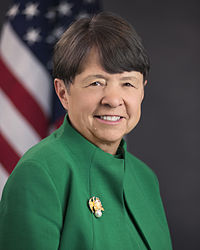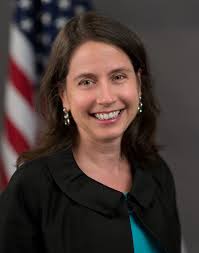
Salman Insider-Trading Case a Hollow Win for Prosecutors
The dominant narrative about Salman v. United States, the first insider trading case decided by the U.S. Supreme Court in almost 20 years, is that it was a big win for federal prosecutors. That is only part of the story.…
 Sky Blog
Sky Blog








